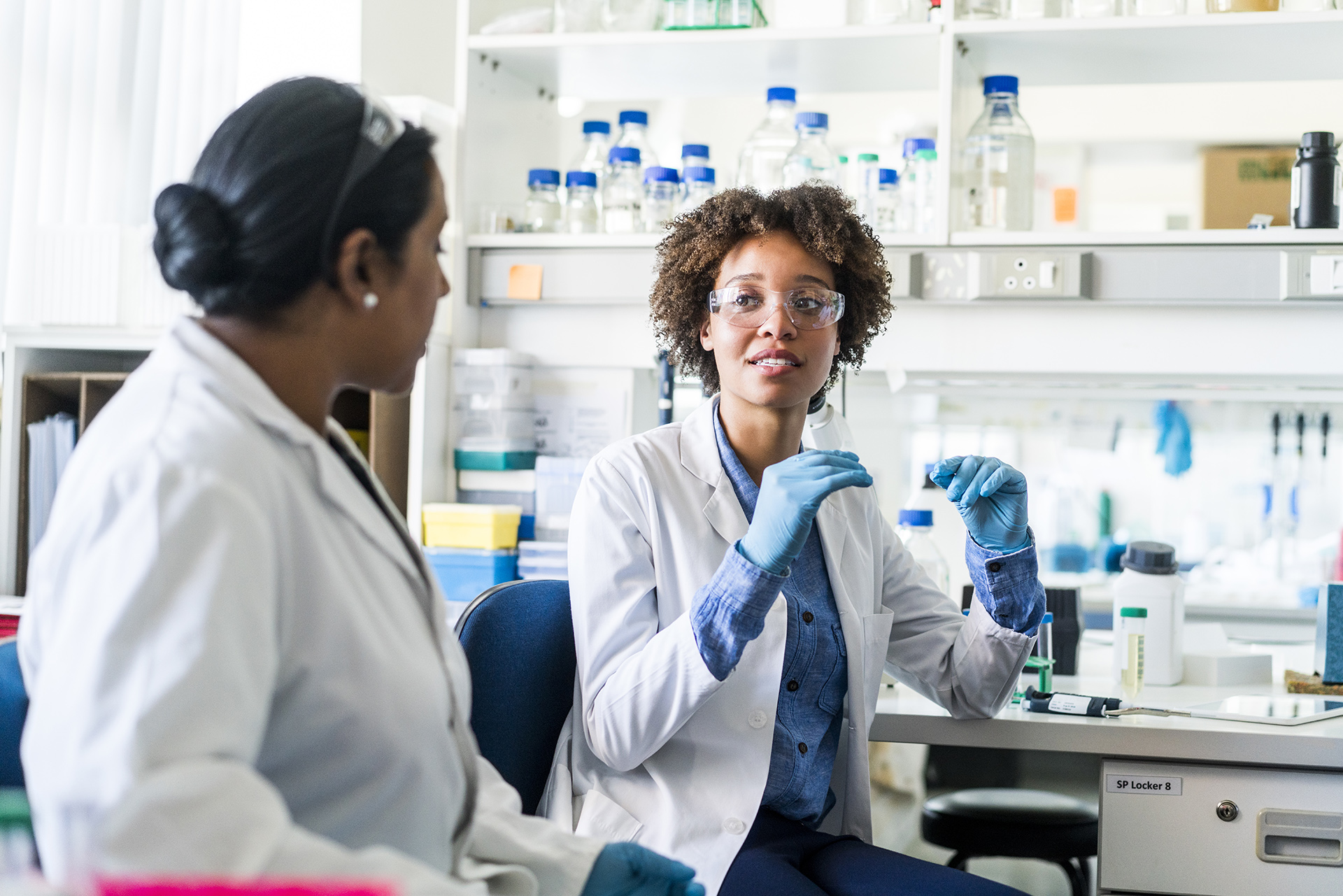Faculty from the UConn School of Dental Medicine will be developing a national mentoring network to support a diverse dental, oral, and craniofacial workforce.
Dr. Effie Ioannidou, professor of periodontology, will be using a $1.3 million grant awarded to the American Association for Dental Research (AADR) from the National Institute of Health (NIH), National Institute of Dental and Craniofacial Research (NIDCR). Researchers from AADR and the University of Iowa will be joining Ioannidou as co-Principal Investigators.
“I am thrilled with the opportunity to partner with the AADR, the University of Iowa and the NIDCR in developing this network,” Ioannidou says. “We also managed to bring together 11 other schools with mentors, who generously agreed to collaborate with us. This is not only exciting but also timely. UConn School of Dental Medicine will play a leading role in promoting diversity in the oral and craniofacial research workforce through concrete programmatic activities.”
The purpose of this program, the AADR Mentoring Inclusive Network for a Diverse Workforce of the Future (MIND the Future), is to address the need for more diversity in the NIH-funded biomedical, behavioral, clinical and social sciences workforce through building a vibrant, inclusive community of investigators to help advance research and improve the oral health of our country. Over the next five years, the network will directly help ten new mentees per year from underrepresented groups develop professional career skills, transition from one career stage to the next, and also help support a high quality, independently funded research program. The program will offer both educational activities and interactive opportunities.
Dr. Eric Bernstein, Interim Dean of Academic Affairs and grant co-investigator with expertise on synchronous and asynchronous didactic models, will develop and direct part of the program. Dr. Mina Mina, Professor of Pediatric Dentistry with a long history on graduate and post-graduate training and mentoring, will also be a member of the mentoring group network.
“Mentoring is a critical way to help ensure equity within the academic and research career paths,” Bernstein says. “It is an active mechanism to begin dismantling the systemic racism and sexism that have plagued our institutions of higher education for far too long. Using a variety of teaching and learning modalities in the program further supports equity by leveraging interactive technologies, much more familiar now in light of the COVID19 pandemic, to reduce costs and increase access to the training the program provides.”
“Mentorship is an important factor in career development and transitioning to individuals’ next career stages for all, including those who have been underrepresented in the field of dentistry and the dental, oral, and craniofacial research community,” says Mina. “MIND the Future program will provide necessary tools and activities to participants to achieve professional career advancement and independent research funding.”
The program includes a national network of 11 universities and three organizations, which will be intricately involved in the initiative. The universities are organized into Eastern, Western, Southern, and Midwest Hubs and include the two dental schools based in Historically Black Universities and Colleges. Eligible candidates seeking to participate in the program can apply online.



